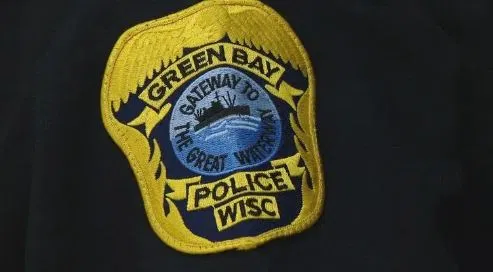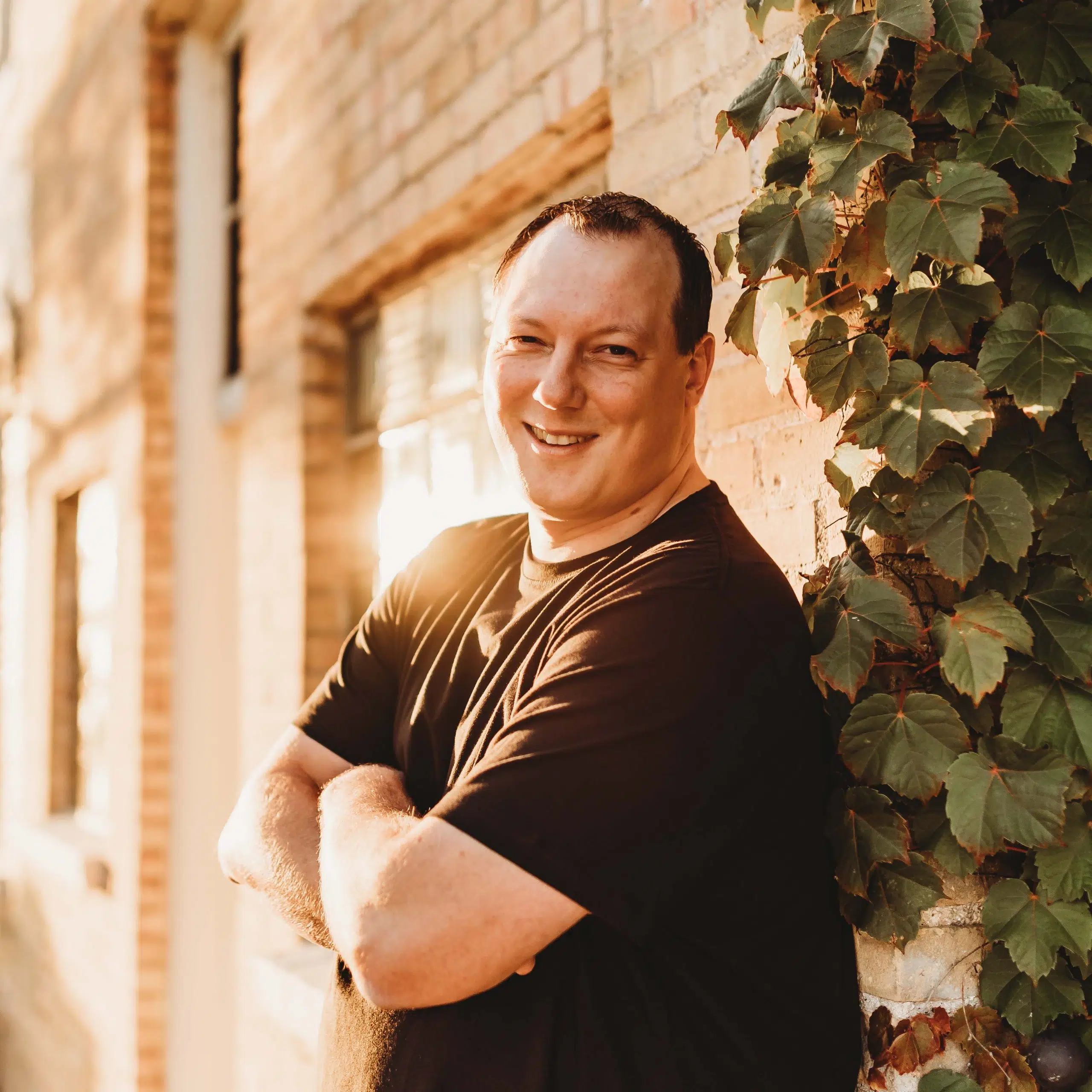GREEN BAY, WI (WTAQ-WLUK) — The Common Council has approved a request from the Green Bay Police Department to hire a full-time, non-sworn mental health nurse practitioner to continue to support police offers and department staff.
The department is in the process of hiring a mental health professional to begin on Jan. 1. The 2025 salary for the professional is being covered by a grant from the U.S. Department of Justice’s Office of Community Oriented Policing Services.
The request passed without discussion during Tuesday’s council meeting, with extra support from Ald. Bill Galvin.
“I don’t care if it’s a reporter or soldier or police officer or teacher, we all need help and support, and the more we can do throughout our society I think the better off we’re all going to be.”
Before becoming an alderperson, Galvin was a police officer for 35 years.
Back then, mental health services for those with a badge were slim.
“When I started on the department, they didn’t have anyone available for us to talk to or see, we’d have to seek it out on our own and that just wasn’t happening with the culture that existed at the time, everyone had to be a tough guy,” Galvin says.
He says over time, those services improved but were sporadic.
Current Green Bay Police Chief Chris Davis, who has been in policing for 31 years, says the same.
“Thirty years ago when I started we did not have healthy coping mechanisms for the stress that you deal with in police work,” he said.
The mental health landscape today, however, is much different.
At Green Bay, the department contracts psychiatric and wellness services.
“We looked at how much use our contract resource was getting and it has gradually gone up over the last few ears, this year we were up to $50,000 in billing by the beginning of October,” Davis says. “And that’s just with the services we use right now. On top of that, we were looking at expanding the program to include mandatory mental health check-ins for all employees every year, so that really argued in favor of having a full-time position.”
And that’s exactly what will happen starting in January, a full-time mental health nurse practitioner will join the GBPD staff.
Chief Davis remembers the days when officers were expected to tough it out.
“A positive change we’ve seen in the police profession, especially in the last five or ten years, is the acknowledgment of how all this stuff a police officer deals with over a 20-30 year career kind of piles up, and how much better off people will be if they’re intentional about how they work through the things they deal with as a police officer.”
The federal grant will fund the nurse practitioner for 2025.
Davis is hopeful results will lead to Green Bay’s common council allocating up to $200,000 from the general fund, given the department isn’t awarded more grants, to keep the professional on staff for many more years, too.
“This is a national movement, and I think it is because, even early on, we’re starting to see that it’s working,” he says.
Galvin says this is a step in the right direction, and he’s been overly supportive of the idea since it was first brought to his attention.
“We lost some officers over the years to mental health issues. I know that there are some officers in Brown County that have committed suicide, some that I worked with, some that I knew really well, one grew up just down the street from me, so it’s hard to see this and then think that if only if there had been something available that they could’ve taken advantage of without any of the stigma that goes along with it.”
Both men say mental health services for cops and other support staff will also lead to even better police service, community interactions, and understanding.
Davis adds that it also fulfills an obligation to recognize and take better care of officers.
Because of the nature of their work, Davis says it’s easy for officers to develop a more negative worldview.
“Nobody calls us to say, ‘Hey, we’re having a great day at our household, why don’t you send a police officer over to share in our joy?’ That doesn’t happen. We have to meet people often on the worst day of their lives and you can start to assume that that really unusual situation you find yourself in day after day after day is normal.”
“Police officers are human beings,” Galvin says, tearfully. “We go through things that everybody talks about, but until you’re sitting there and it all over with and you’re sitting up in the middle of the night and all the sudden it hits you like this you know, it’s hard.”
“You know, you’re always asking for more officers but sometimes it’s the support staff that you need more than more officers.”










Comments